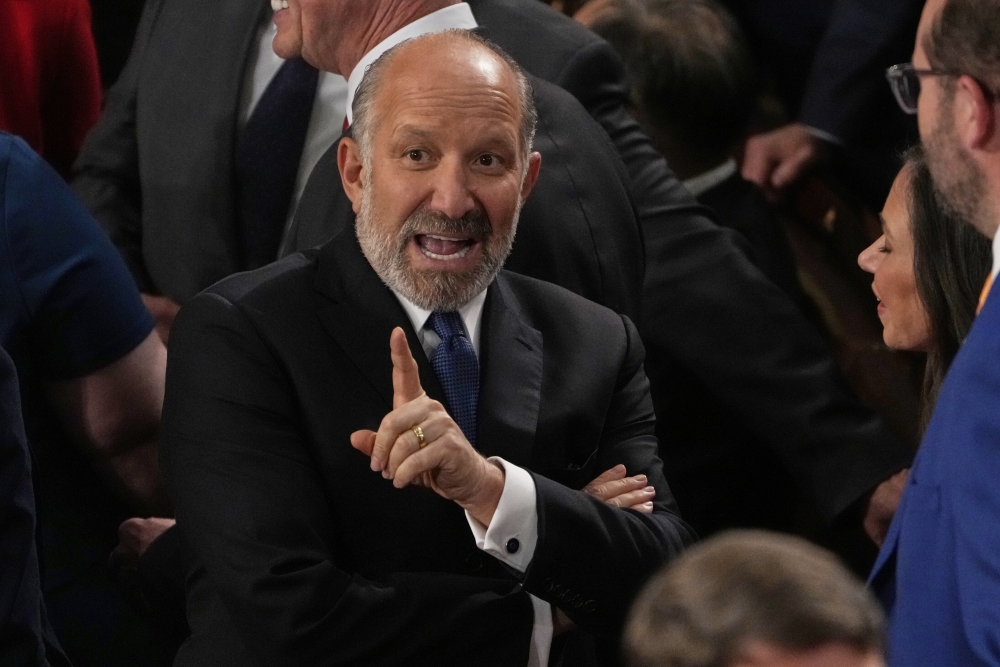By Shaina Faye PeñasCebu, a province rich in electoral votes, has long held a pivotal role in shaping the political dynamics of the Philippines. Its influence in national politics cannot be overstated, as it has consistently served as a bellwether for the country’s political trends. Historical patterns illustrate how Cebu’s political landscape can sway the outcome of national elections, making it a crucial battleground for political aspirants.
In the 2004 national elections, then-President Gloria Macapagal-Arroyo secured a significant victory in Cebu, a win that proved instrumental in her reelection. Her success in this vote-rich province played a decisive role in her overall presidential triumph. Similarly, in the 2010 presidential race, Benigno Aquino III emerged victorious nationwide, with Cebu contributing notably to his strong national performance.

In more recent elections, Cebu continued to demonstrate its political significance. In 2016, Rodrigo Duterte secured a commanding victory in the province, buoyed by local political endorsements and the backing of influential regional groups. Likewise, in 2022, Ferdinand Marcos Jr.
received substantial support from Cebu’s political elites, further solidifying the province’s reputation as a critical player in presidential contests.Looking ahead, the 2028 presidential election may seem distant, but its political landscape is already beginning to take shape. The 2025 midterm elections, set for May 12, will serve as a crucial precursor, as they will determine not only new or reelected senators but also local leadership that could set the tone for future presidential bids.
Although the political climate surrounding the 2028 race is still in its nascent stages, recent developments, such as the legal challenges faced by former President Rodrigo Duterte, have added complexity to the already volatile political environment. The arrest of Duterte by the International Criminal Court over alleged crimes against humanity has ignited fervent discussions among his loyalists, who are now advocating for Vice President Sara Duterte to run for president in 2028, citing a sense of oppression under the current administration.Cebu’s political unpredictability remains one of its defining features, with local and national dynamics often intertwining dramatically.
The province’s electorate must now decide whether to continue supporting established political dynasties or embrace new, alternative leadership. While the midterm elections in May may seem like a distant concern, they will undoubtedly serve as a bellwether for the 2028 presidential race..
















